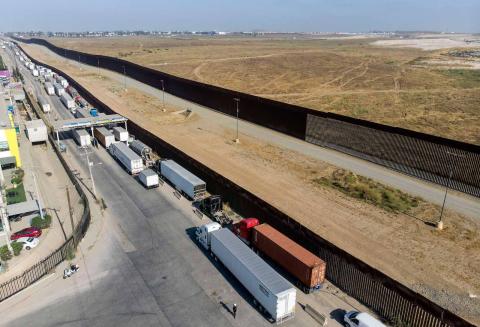Spain is going through a rough spot. Two kings are down and its permanent aches — restless regions, high unemployment, illegal immigration from Africa — persist. And yet Spain, with its proud history, will be back at the forefront of continental Europe.
'Le roi est mort, vive le roi', say the French to express the idea that change is inevitable but institutions persist. Both are likely to happen with the Spanish Royal House of Bourbon, where Felipe just succeeded his dad Juan Carlos, as well as with 'La Roja', the Spanish national football team, which won the last three major crowns in global football (one World Cup and two European Cups) but has been thrashed by the Netherlands and Chile and has thus been eliminated from the FIFA World Cup in Brazil.
The soccer prediction is the easier one. Spanish football, arguably the best in the world over the last half dozen years or so, will bounce back from its inglorious exit at this World Cup. Together with all Socceroos fans, I hope this will not happen on occasion of the last group game between Spain and Australia. With all due respect for Aussie prowess in sport, nobody wants to face the undisputed masters of fluid passing and (often though not always) high scoring when they are thirsty for redemption.
Felipe faces a more prolonged battle. For most of the 20th century, the Royal House of Bourbon did not fare well. Felipe's great-grandfather sided with right wing reactionary forces in the 1920s and was thrown out of the country. Juan Carlos, brought back by Franco, would not have been accepted by the great majority of Spaniards, republicans and royalists alike, if he had not stood up to the tentative coup d'état by right wing nostalgics in 1981. Yet lately he and the whole clan, with the notable exception of Felipe, have hardly missed an occasion to put their foot in it, which has left Spaniards with the impression that royalty is too expensive and too aloof to be of much value for the country.
Yet if Felipe continues in his present line of modest citizen-king, swearing his oath of office on the Spanish constitution and not on Christian symbols as the Bourbons and their mighty predecessors from the Habsburg dynasty have done for almost a thousand years, he just might pull through and be a source of moderation and unity when the country is menaced by secession, first of Catalonia and later possibly of the Basque country. [fold]
Historically speaking, any potential Catalonian independence vote would come a bit early. The EU has always been conceived not only to keep the peace in Europe but also to tackle common challenges together, but on appropriate levels from the supranational through the national to the regional and local, thus rendering national boundaries less important. So given a bit more time, the distinct and historical regions of Europe will not need to become independent, as they will have all autonomy desired to cope with the issues closest to their hearts. The really big issues — such as global migration and the economy — are best left for the continental level.
Indeed, in the much maligned political system of Belgium, we have an example which lets the Flemish thunder in Teutonic ways and the Walloons wallow in French refinement but keeps this arch-European country rolling along if not merrily then at acceptable speed (and incidentally, kept together by a king whose forefathers did not always behave themselves with royal aplomb either).
Present day Belgium and Holland were of course historically part of the Habsburg Empire, governed from Madrid in the 16th and 17th century. Far from being exclusively an ocean-facing outsider, more interested in Peruvian gold than Flemish lace, Spain has been an essential European country for centuries. Its splendid isolation is a comparatively new construct, always bound to be temporary while the glory of individual European states lasted.
That glory lost its luster in the 20th (American) century and will totally fade in the 21st (Asian) century. It is to be expected that Spain, with its continental heritage, will bounce back and again be a leading force within the EU. Note that the Spanish electorate did not vote against Europe in the recent elections for the European parliament but rather against the governing parties, who need a thorough facelift at least as much as the Spanish monarchy.
The most important occasion to remember in the anniversary-rich year of 2014 is undoubtedly the outbreak of the World War I. Other than the untold millions of soldiers and civilians who perished in this great folly of the (European) human race, a main victim was the then 600-years old Habsburg Empire. The American historian Timothy Snyder, of fame on account of his lucid interview with the dying Tony Judt, has recently shown what the EU can learn from the Habsburg Empire.
